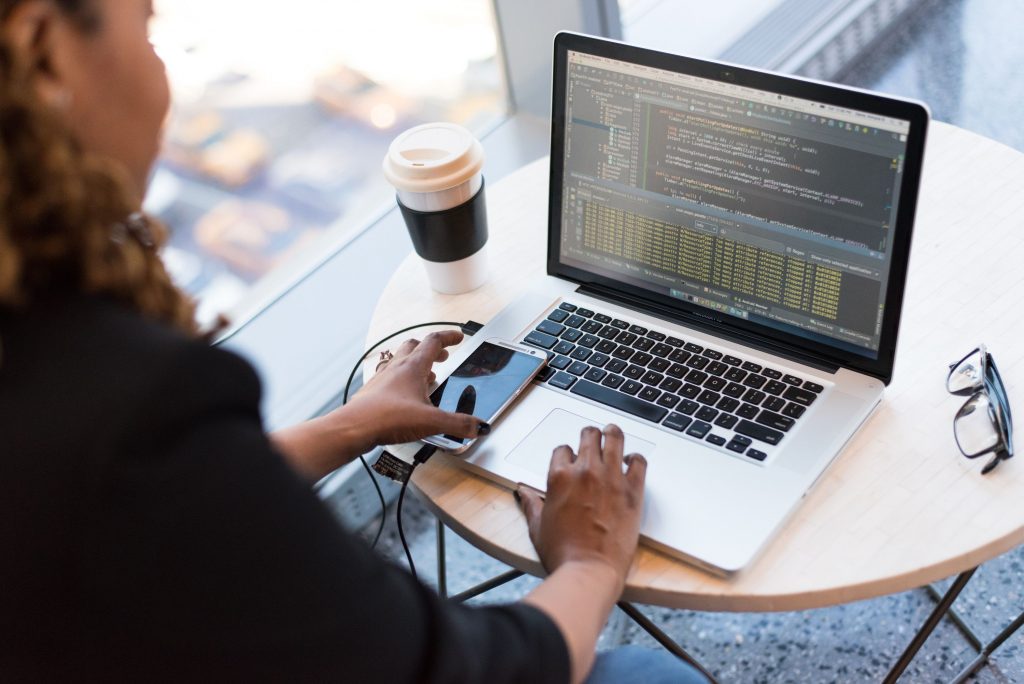Call Recording and Consent for Companies: Does It Matter?
The topic of call recording is quite a complex one, as regulations regarding this technology differ depending on states and countries. Call recording may be completely legal in your particular state, but the adjacent state may have different rules. Marketing teams of companies can benefit greatly from recording their conversations with customers, so it’s one of those tools that should not be neglected.

Some of the advantages of phone call recording include the following:
- Getting information directly from your actual customers to use for marketing strategies
- Training and fixing of mistakes for your customer support team
- Assessing the effectiveness of your calls and whether or not you achieved your goals
- Provides information about the quality of your leads
Modern call recording is a simple process when you use cloud technology solutions like CallGear. With the help of this tool, you can not only record and store phone calls, but also get analytic reports to ensure the most in-depth call data. Also, additional features, such as whisper messages will help you understand what advertising campaigns worked for a specific client. CallGear is a well-rounded extensive solution for businesses that helps you easily bring in more clients and revenue using phone calls.
Before you can implement a call recording feature, it is necessary to understand laws regarding consent based on where you live. Also, if your clients come from a different country or state, you should study how call recording is handled in that specific place..
Is it necessary to inform customers about phone call recording?
While regulations can differ from state to state, the majority of legal advisors agree that it is always better to get consent from everyone involved in phone calls to avoid any potential problems. The reason is that you never know where a client is calling from, and whether one-party consent is enough.
Can you use recording apps on your device?
At the moment, policies regarding recording apps are vague. Not long ago, Google decided to put limitations on apps that use Android 10 or higher from recording conversations, even one side of them. As a result, many apps had to remove this feature. It is unknown whether this approach will change in the future, but there have been some talks that Google may reconsider its decision.
Policy on call recording in the US
Being such a vast country with numerous states, it is inevitable that there will be different views on call recording. There are two different policies regarding call recording — one-party consent and two-party (or all-party) consent. Just as the name suggests, one-party consent requires only one person to agree to being recorded while in two-party policy, it is necessary for all parties to be informed.
States where one-party consent is required
There are 38 states in the US where one-party consent on being recorded is required. Such states include Kansas, Louisiana, Arkansas, Mississippi, Minnesota, Arizona, Oregon, Delaware, New Jersey, South Dakota, North Dakota, Virginia, West Virginia, Colorado, North Carolina, Alaska, Alabama, Idaho, Oklahoma, Georgia, Iowa, Kentucky, Indiana, Missouri, Wyoming, Utah, Texas, Maine, Wisconsin, Tennessee, Hawaii, New Mexico, Nebraska, Rhode Island, New York, Ohio, South Carolina, and the District of Columbia.
What you should remember is that consent is tied to a location in which both participants are at the moment of the conversation, and not where a person is originally from.
States that require two-party consent
When it comes to two-party consent states of the US, there are twelve of them, and they include: New Hampshire, Washington, Florida, California, Maryland, Illinois, Connecticut, Nevada, Montana, Massachusetts, Pennsylvania, and Michigan.
Call recording policy in the United Kingdom
In the case of the United Kingdom, the approach to how call recording can be performed legally is different. While there are no direct regulations controlling this process, the country has several laws, such as:
- DPA or Data Protection Act (1998)
- Telecommunications Regulations (2000)
Telecommunications Regulations 2000 allows organizations to record phone conversations without getting direct consent from other parties in the following cases:
- Prevention of criminal activity
- Protection of national security
- Providing proof of a business transaction
- Ensure proper work of the telecommunication system
- Monitoring of the work of employees to ensure proper quality of work
The role of the DPA is to provide information on the proper management of personal data. According to this regulation, it is important to store any call recordings safely and take appropriate measures to prevent potential breaches.
Another important regulation is called General Data Protection Regulation or GDPR. This regulation has been accepted to unite different privacy laws in the European Union. It is intended to protect the citizens of the EU from privacy breaches in modern times where there is a lot of focus on digitalization.
Conclusion
Before you can use call recording in your company, you should be aware of the regulations, especially if your business is international. There are simple solutions like CallGear available that make call recording easy, but learning to handle these processes legally is very important.